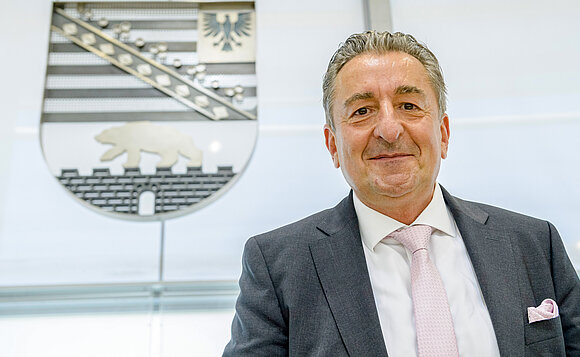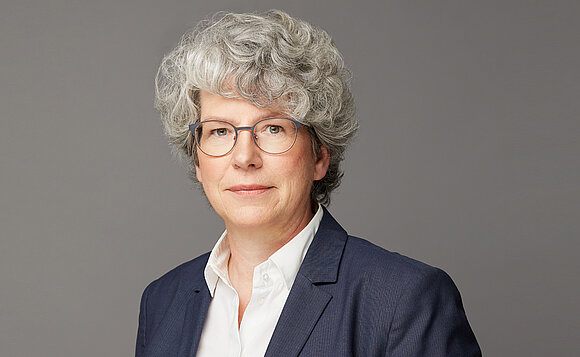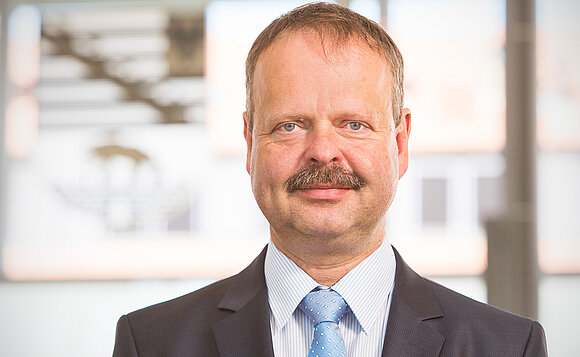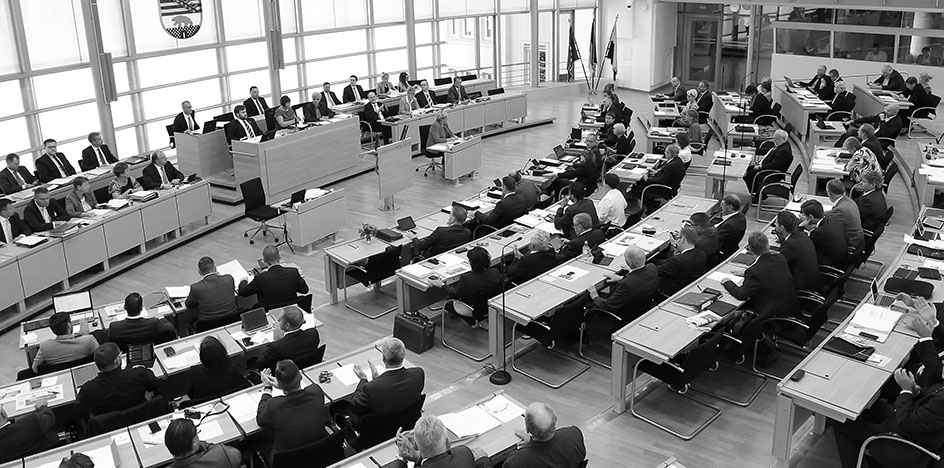On July 6th, 2021, the State Parliament of Saxony-Anhalt elected Dr Gunnar Schellenberger as its President by a large majority. Mr. Schellenberger brings in many years of experience, as he has been already a Member of the State Parliament from 2002 to 2016. In May 2016 he was renouncing the mandate of parliament because of the assumption of the office of State Secretary for Culture in the State Chancellery and Ministry for Culture of the State of Saxony-Anhalt.
 Anmerkung:
Anmerkung:The President of the State Parliament, Dr. Gunnar Schellenberger (CDU). Photo: Jens Schlüter
 Anmerkung:
Anmerkung:The Vice President of the State Parliament, Anne-Marie Keding (CDU). Photo: Rayk Weber
 Anmerkung:
Anmerkung:The Vice President of the State Parliament, Wulf Gallert (DIE LINKE). Photo: private
Prior to his career as a politician, the 61-year old Mr. Schellenberger used to work as a teacher at secondary school (subject combination mathematics and physics). Schellenberger reached his PhD at the Academy of Pedagogical Sciences in Berlin in the field of graphic user systems for teaching science in school.
1994, Gunnar Schellenberger entered the CDU and executed several functions on local, county and state level. He made a reputation as an expert in science, education and culture. Mr. Schellenberger is married and has three children. He lives in Schönebeck (near Magdeburg).
The President of the State Parliament’s tasks
As “first among equals“ the President of the State Parliament takes a special position. He is elected from among the Members of Parliament and leads the sessions of the State Parliament and the parliamentary advisory committee. This means that he is responsible for the correct treatments of all parliamentary initiatives. He is the Parliament’s highest representative and the most senior politician of Saxony-Anhalt. In this function, he is obliged to write out the adopted laws. To write out, in this case, means, that he, as an independent body proves, if the law is based on the constitution.
During the first inaugural meeting of the new legislative period, the President of the State is elected. Traditionally, the strongest political fraction proposes one of her members as a candidate for the President of the State Parliament. If he is hindered, he has up to two vice presidents on his side, to take over his work, and also to support him during the State Parliament’s meetings and on the Parliament’s exterior representative activities.

